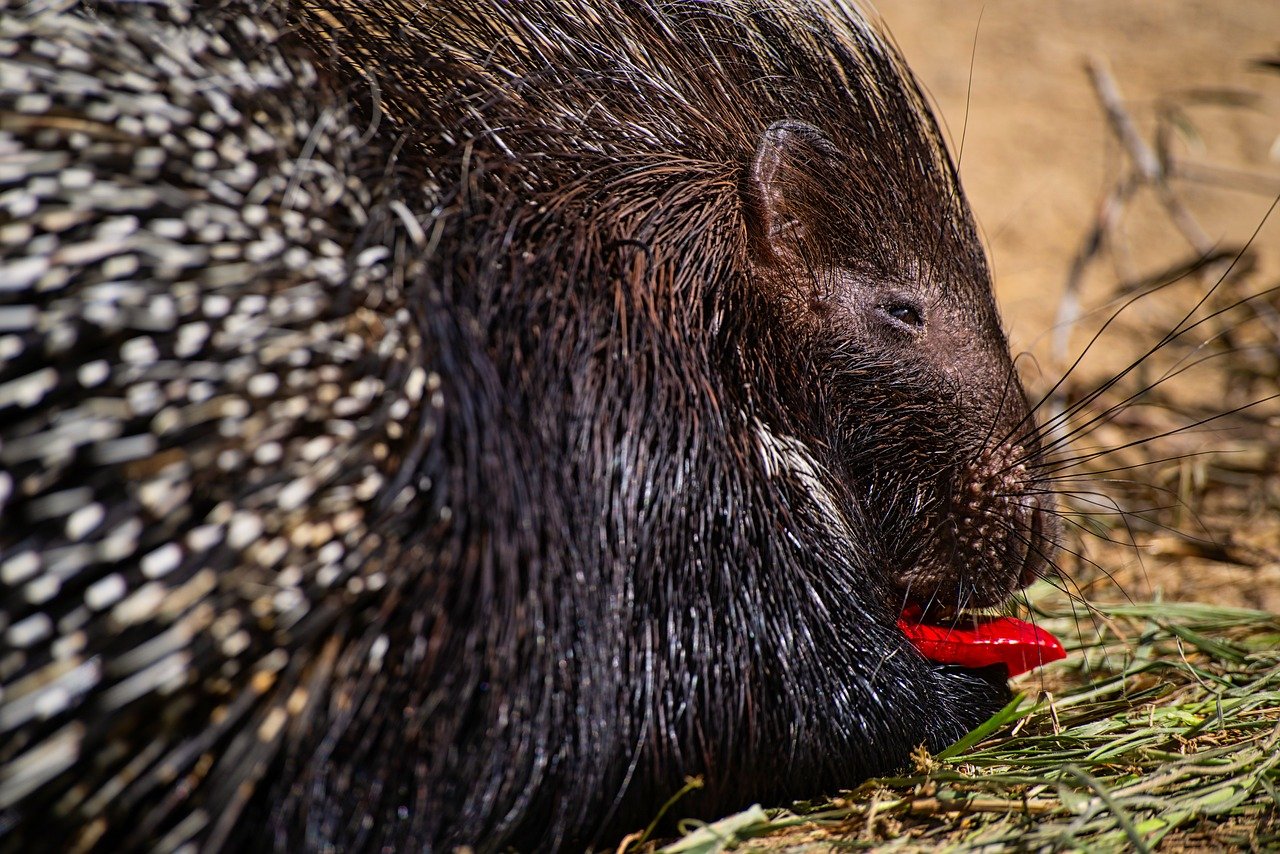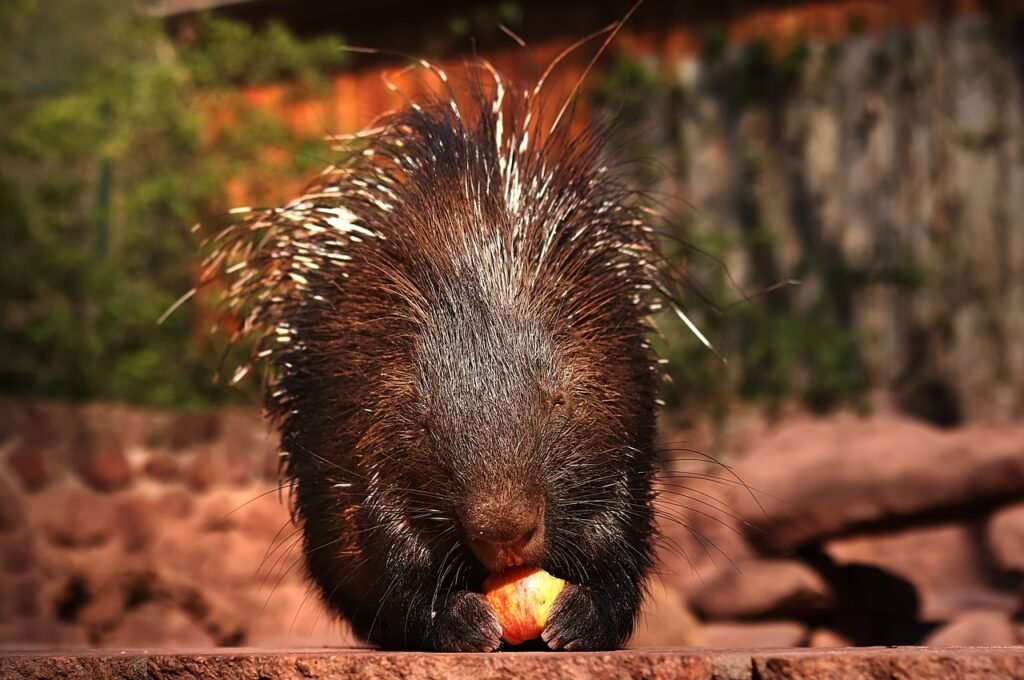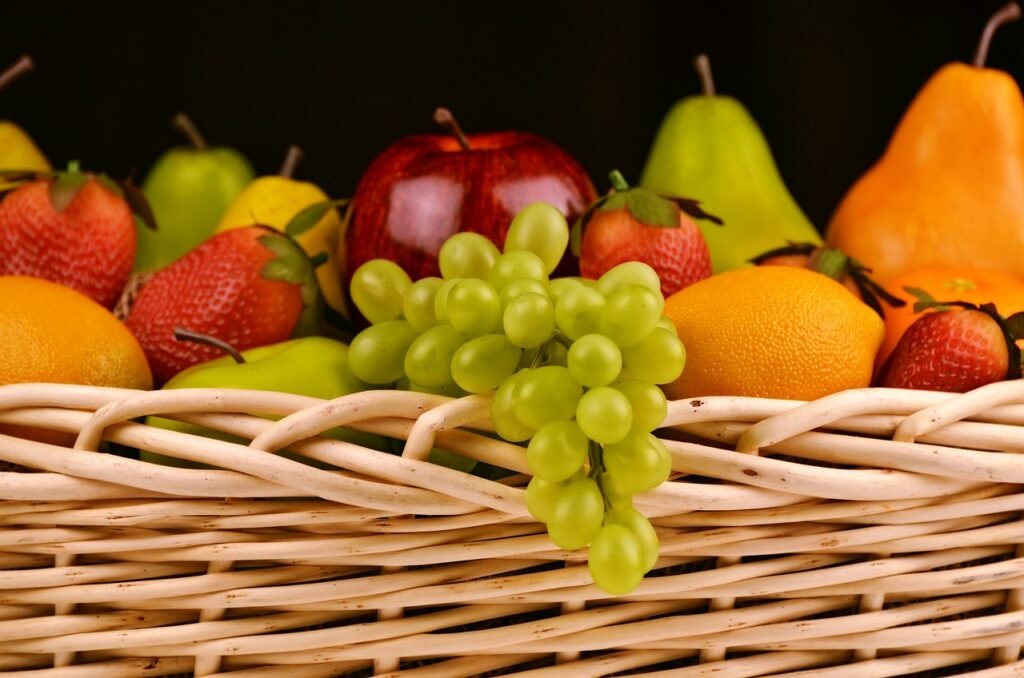Just as the seasons change, so do the dietary needs and preferences of your porcupine companion. Adapting their diet to the seasonal offerings not only provides variety but also ensures they receive the nutrients necessary for their well-being. In this guide, we explore the concept of seasonal feasting for porcupines, offering insights into adjusting their diet throughout the year to support optimal health and happiness.
Seasonal Dietary Considerations:
1. Variety in Fruits and Vegetables:
- Different seasons bring a diverse array of fruits and vegetables. In spring and summer, fresh berries and leafy greens may be abundant, while fall may offer a harvest of apples and pumpkins. Adjust their diet to include seasonal produce for added variety.
2. Temperature and Hydration:
- During hotter months, hydration becomes crucial. Introduce water-rich foods like watermelon and cucumber to help keep your porcupine well-hydrated. In colder seasons, consider warming foods and ensure access to fresh water in alternative forms.
3. Natural Foraging Opportunities:
- Seasonal changes in vegetation provide natural foraging opportunities. In spring and summer, scatter fresh herbs or hide treats in leafy greens for them to discover. In fall, consider introducing nuts and seeds found in nature.
4. Behavioral and Environmental Changes:
- Seasonal changes can influence porcupine behavior and activity levels. Adjust their diet to accommodate potential changes in energy expenditure, ensuring they receive the appropriate balance of nutrients.
Seasonal Feasting Guide:
Spring:
- Diet Focus: Fresh greens, berries, and early spring fruits.
- Enrichment: Scatter herbs and treats for foraging opportunities.
Summer:
- Diet Focus: Water-rich fruits, vegetables, and leafy greens.
- Hydration: Emphasize hydrating foods like watermelon and cucumber.
Fall:
- Diet Focus: Apples, pumpkins, and nuts/seeds found in nature.
- Foraging: Utilize fallen leaves and natural hiding spots for treats.
Winter:
- Diet Focus: Root vegetables, hearty greens, and occasional nuts/seeds.
- Warming Treats: Introduce warm treats like cooked sweet potatoes.
Tips for Seasonal Feeding:
1. Gradual Transition:
- Introduce seasonal foods gradually to allow your porcupine to adjust to changes in taste and texture.
2. Monitor Weight and Health:
- Regularly monitor your porcupine’s weight and overall health. Adjust their diet as needed to maintain a healthy weight throughout the seasons.
3. Consult with a Veterinarian:
- If you have concerns about seasonal changes affecting your porcupine’s diet or health, consult with a veterinarian specializing in exotic animals for guidance.
4. Environmental Adaptations:
- Consider the impact of seasonal changes on your porcupine’s environment. Ensure their habitat provides appropriate temperature regulation and shelter.
5. Behavioral Enrichment:
- Use seasonal changes as opportunities for behavioral enrichment. Incorporate new textures, scents, and tastes into their environment.
A Culinary Journey Through Seasons
Seasonal feasting offers your porcupine a culinary journey through the changing seasons. By adapting their diet to reflect the natural offerings of each time of year, you contribute to their overall health, behavioral enrichment, and happiness. Paying attention to seasonal changes and adjusting their menu accordingly ensures that every meal is a reflection of the vibrant and dynamic world in which your quilled companion thrives.



